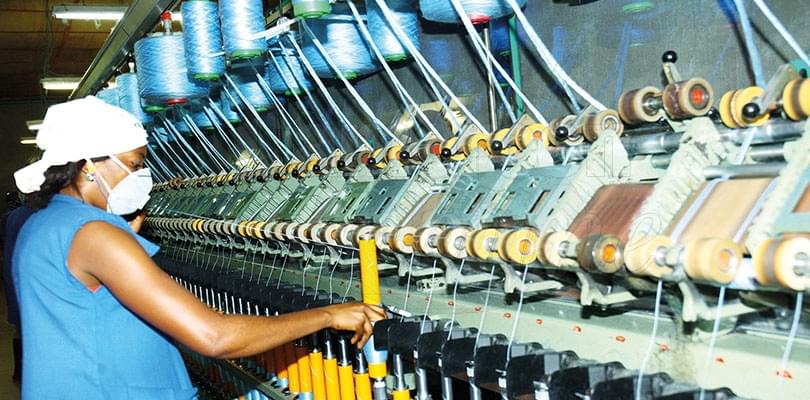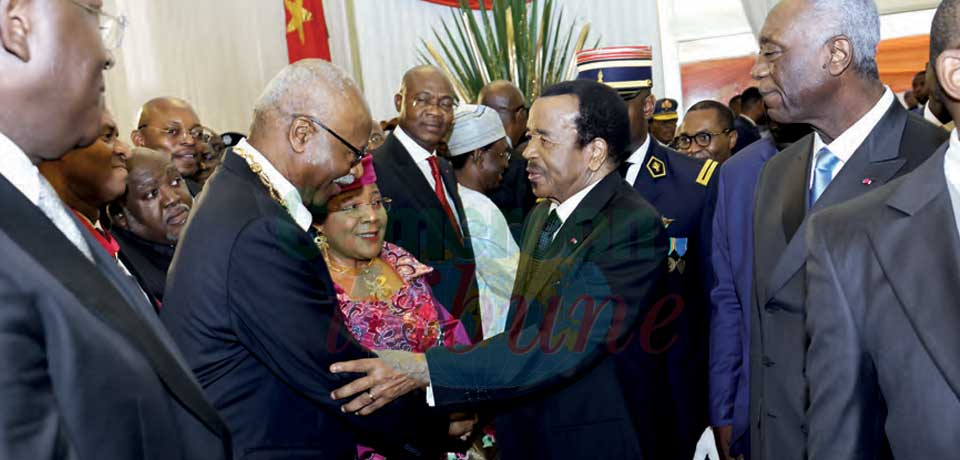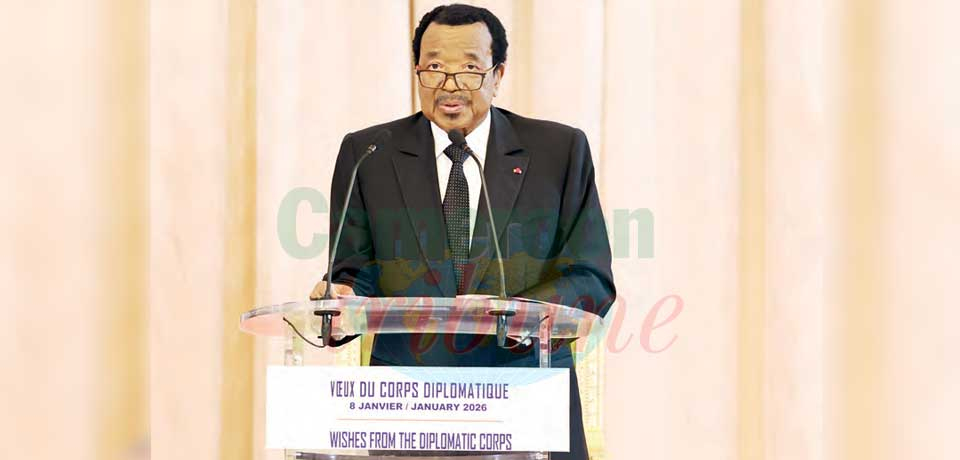Enhancing the Seeds of Economic Growth
- Par LUKONG Pius NYUYLIME
- 05 Nov 2018 15:36
- 0 Likes

Industrial production, energy independence and secured investment are some of the key determining factors to tackle in the new mandate.
Cameroon, Central Africa's biggest economy remains a highly commodity dependent economy with oil accounting for a substantial percentage of its exports. Agriculture is known to employ more than 50 per cent of the country's workforce. The country has since 2003 experienced fluctuating economic growth. The Gross Domestic Product (GDP) expanded 3.90 per cent in the second quarter of 2018 over the same quarter of the previous year. GDP Annual Growth Rate averaged 4.36 per cent from 2003 until 2018, reaching an all time high of 8.50 per cent in the fourth quarter of 2013 and a record low of 0 per cent in the fourth quarter of 2015.
The new Presidential mandate begins with startling facts about the country's economy demanding a huge lot of challenges to overcome in order to rise up to a production economy as one of the prerequisites to economic growth. In effect, Cameroon's growth performance as indicated in the recent Outlook report, strengthened in recent years but has relied largely on public investment, which incidentally, has started to strain fiscal accounts and increase debt levels. In the same vein, more economic growth has not translated into equitable poverty reduction, largely due to spatial and social inequi ties, an unfavorable business environment including infrastructure lags and weak governance.
The main economic challenge for the next seven years will certainly be to overcome some of these loopholes including enhancing industrial production, developing energy to an independent level and boosting private sector investment. Worthy of note is the fact that Cameroon’s growth performance has strengthened in recent years and shown resilience through the oil price crisis, with GDP growth accelerating to 3.9 per cent in the second quarter of 2018, according to the report of the National Institute of Statistics.
This performance, however, has relied heavily on an ambitious public investment programme, which is becoming increasingly difficult to sustain, and not enough on private sector-led growth. Statistics show that Cameroon currently has some 922 industries employing 8,800 people and making a business turnover of FCFA 3,500 billion. Cameroon’s business cartel, GICAM, believes that this number is not significant enough to propel the economy to emergence. It emerged from one of its debates organized under the theme, “would emergence be possible without the protection of local industries,” that the capacities of small and medium-sized enterprises need to be upgraded for ...
Cet article complet est réservé aux abonnés
Déjà abonné ? Identifiez-vous >
Accédez en illimité à Cameroon Tribune Digital à partir de 26250 FCFA
Je M'abonne1 minute suffit pour vous abonner à Cameroon Tribune Digital !
- Votre numéro spécial cameroon-tribune en version numérique
- Des encarts
- Des appels d'offres exclusives
- D'avant-première (accès 24h avant la publication)
- Des éditions consultables sur tous supports (smartphone, tablettes, PC)














Commentaires